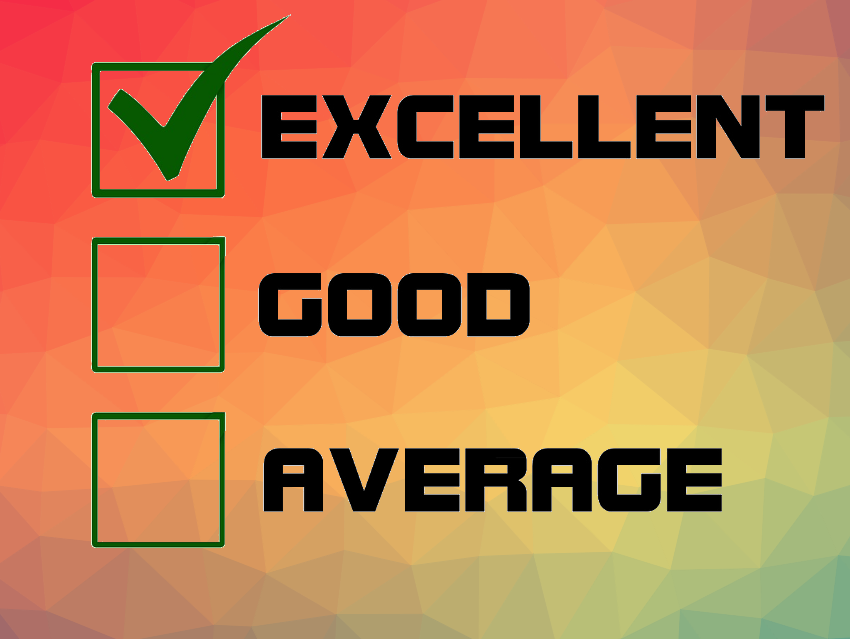Evaluating research and assessing researchers is fundamental to researchers, funders, universities, and other research organizations. Currently, the outcomes of scholarly research are often measured through methods based on quantitative indicators such as impact factors.
The European University Association (EUA) and Science Europe have launched an initiative to improve scholarly research assessment methodologies. The aim is to move away from journal impact factors. The EUA and Science Europe want to foster the dialogue between their respective members to:
- support necessary changes for a better balance between qualitative and quantitative research assessment approaches; develop criteria and methods towards a fairer and more transparent assessment of research, researchers, and research teams;
- recognize the diversity of research outputs and other relevant academic activities and their value in a way that is appropriate to each research field and that is not only based on journal metrics;
- consider a broad range of criteria to reward and incentivize research quality as the fundamental principle of scholarly research.
The EUA is the representative organization of more than 800 universities and national rectors’ conferences in 48 European countries. Science Europe is an association of 36 major research funding organizations and research performing organizations from 27 countries with a combined research budget of approximately EUR 18 billion per year.
- European University Association (EUA), Brussels, Belgium
- Science Europe, Brussels, Belgium
- The European University Association and Science Europe Join Efforts to Improve Scholarly Research Assessment Methodologies, 14 May 2019
Also of Interest
- Clever Picture: Understanding Impact Factors,
ChemViews Mag. 2015
What does a journal’s impact factor mean, and what are its limitations?
https://doi.org/10.1002/chemv.201500046




